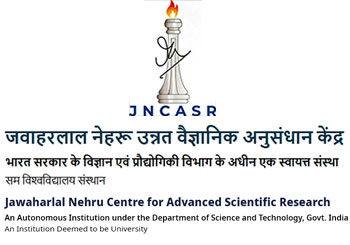Geosciences Unit
Unit Faculty
Associate Faculty
Fellows
Research Areas
Research Highlights
Research Facilities
अंग्रेजी
अल्पकालिक कार्यक्रम
- no record found
- पिछले पृष्ठ पर वापस जाएं
- |
-
पृष्ठ अंतिम बार अद्यतन तिथि:07-08-2025 01:50 PM























